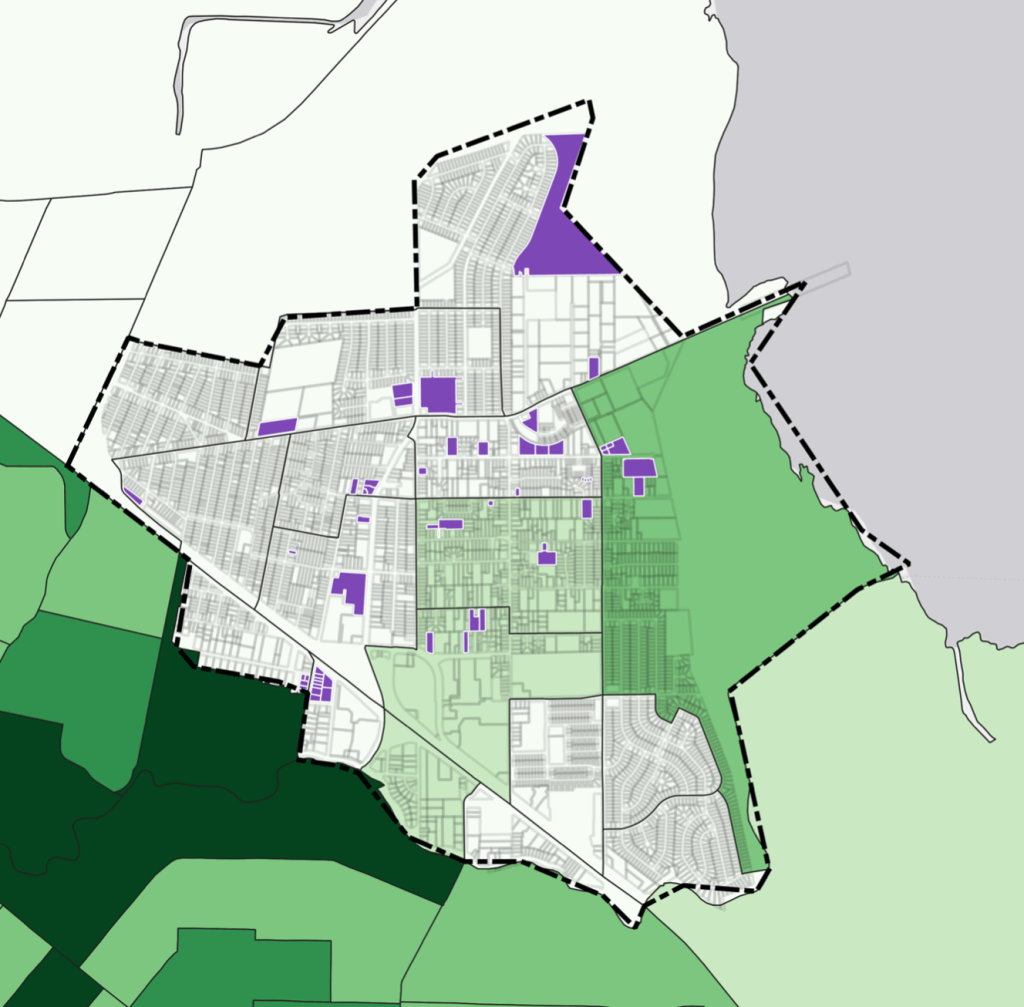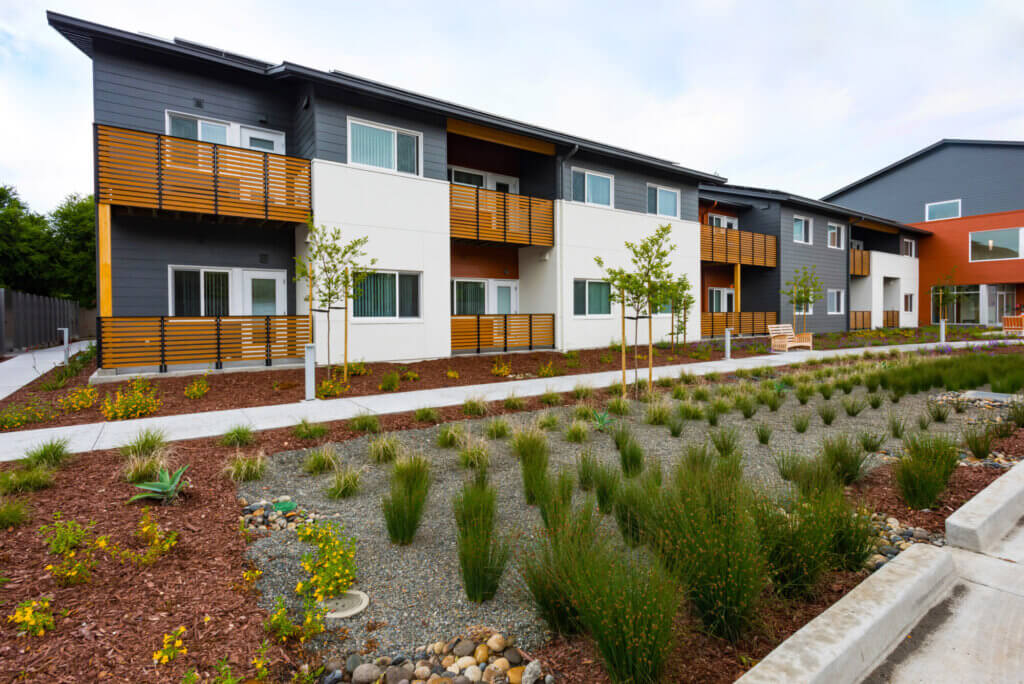New Fellowship Program Allows UC Berkeley Graduate Students to Weigh In on Draft Bay Area Housing Elements
Published On October 9, 2022
Through a newly launched partnership with Great Communities Collaborative, an initiative of the San Francisco Foundation, four UC Berkeley graduate students participated in the Equitable Housing Element Graduate Student Summer Fellowship. The Fellowship provides funding for students to undertake research that assesses Bay Area jurisdictions’ local Housing Element plans for both compliance with state law and their attention to equity. Fellows were drawn from a spring graduate-level seminar that was taught by Terner Center Managing Director and Adjunct Professor of City and Regional Planning Ben Metcalf.
Every eight years, California communities are required by state Housing Element law to plan for housing that would meet projected population growth and housing need. The process does not require local governments to build or approve new housing, but it does require that they zone sufficient land and have the necessary supporting programs to meet prescribed targets. As Bay Area jurisdictions undertake the process in 2022, they are contending with a number of changes to state law that require much higher growth targets, new obligations to affirmatively further fair housing, and increased scrutiny on what sites can count. In addition, many cities are trying to do this amidst staffing and technical capacity gaps.
The cohort of four Fellows met regularly over the summer with local and regional governments as well as Housing Element advocacy groups and other stakeholders to assess opportunities for improvements and refine recommendations to cities’ processes and programs. The Fellows also helped address technical limitations around data access and data transparency by contributing analytical support including GIS and other spatial analysis tools. In addition, Fellows were able to connect city staff to resources and lessons learned between communities of practice on topics such as enhancing public participation.
The Fellows and their projects are listed below:
Sonoma County Housing Element Review — Isabelle Donohoe worked with Legal Aid of Sonoma County (LASC) to prepare for the review and comment process for each of Sonoma County’s fast-approaching 6th Cycle Housing Element Draft releases.
Richmond Housing Landscape and Spatial Inventory — Victoria Beckley collaborated with Richmond LAND (a local community land trust) to build out an online mapping tool to leverage relevant housing data in support of their Housing Element campaign.
Sites Inventory Vacant or Underutilized Sites and Surplus Land in Richmond’s Iron Triangle
Public Participation Cross-Jurisdiction Study — Tyler Pullen reviewed public participation processes across the Bay Area to provide recommendations for how to undertake robust public engagement and guide jurisdictions in meeting the state’s requirements for their Housing Elements.
East Palo Alto Affirmatively Furthering Fair Housing Maps — Audrey Chau-Cuevo created demographic and opportunity characteristic maps for the City of East Palo Alto to help inform their Housing Department in evaluating sites, programs, and policies for their Housing Element.
East Palo Alto Percent White Population 2020 Census Data
In September, the Fellows delivered their recommendations to their client organizations and publicly presented their findings at a virtual regional forum for housing advocates. Fellows observed that more support and technical assistance is needed to ensure that cities can make progress on the region’s affordability challenges while addressing inequitable outcomes for historically marginalized and vulnerable populations.
Blog post authored by Terner Center Managing Director and Adjunct Professor Ben Metcalf and San Francisco Foundation’s Equitable Housing Element Graduate Student Summer Fellowship Team Lead Victoria Beckley (Master of City Planning 2023).





